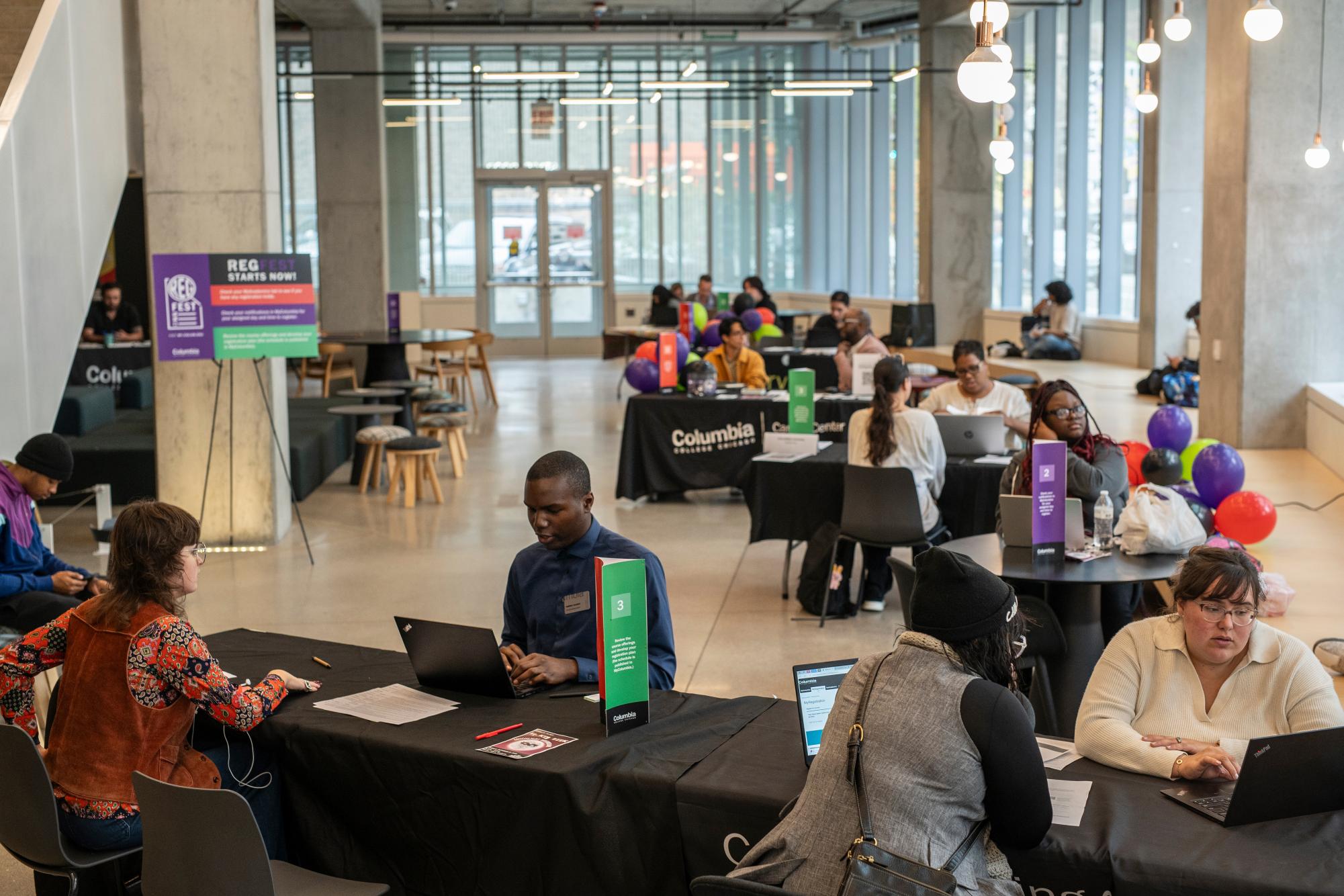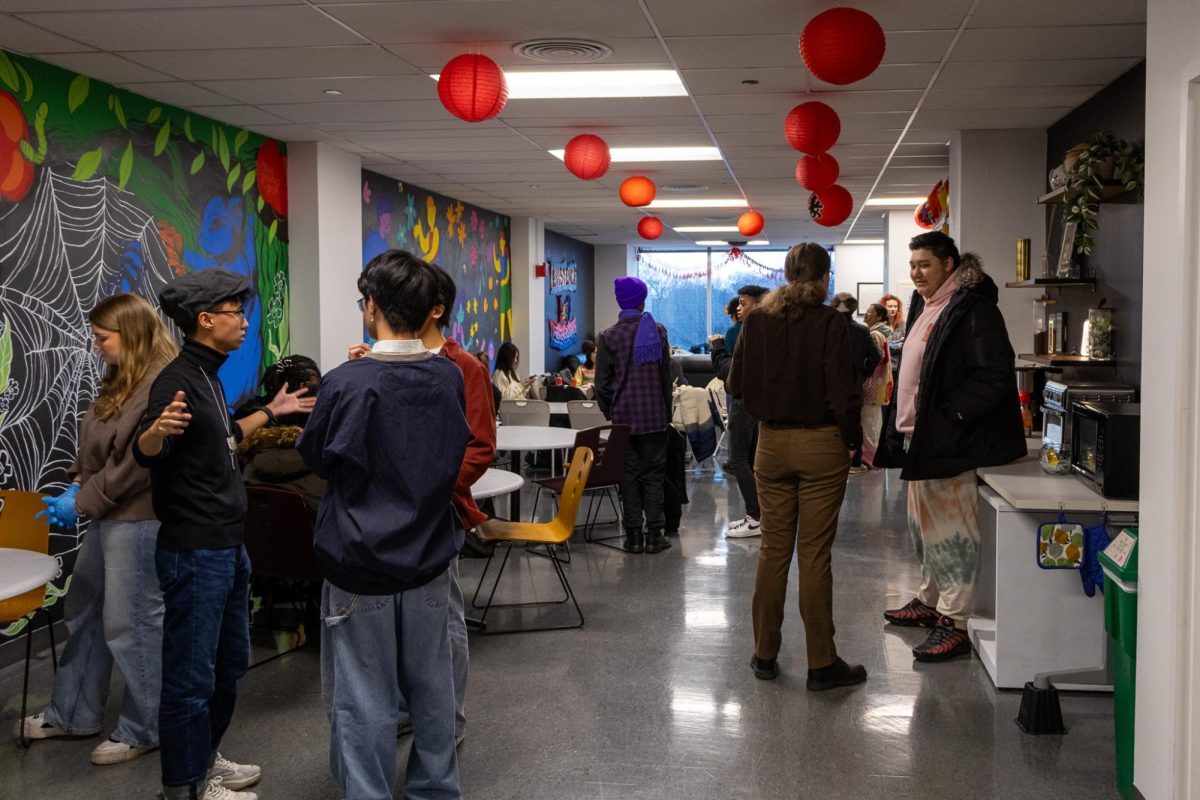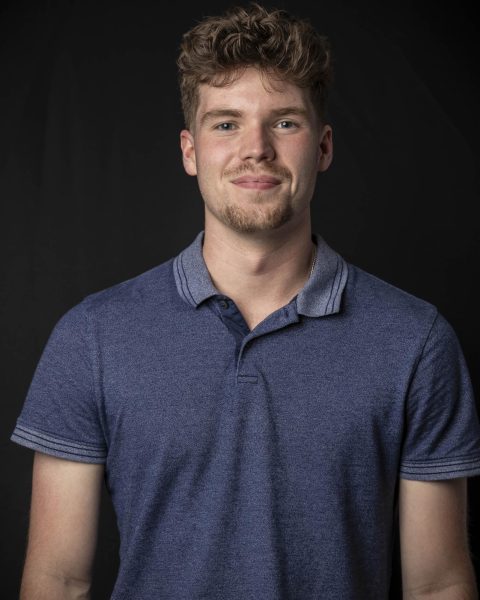Students started preparing to register for the Spring 2024 semester this past week during RegFest, an annual event aimed at first-year students who are newcomers to signing up for courses.
Although students don’t officially get to see the course schedule until Monday, Oct. 30, they were able to meet with advisors to help decide what classes they need and want to take.
RegFest was held on the first floor of the Student Center from Tuesday, Oct. 24 to Thursday, Oct. 26.
Students would meet and speak with academic advisors and organization representatives from campus groups such as the Career Center, Columbia Votes, and Scholars Project.
After completing the checklist paper, which had steps such as checking one’s registration time, potential classes to apply to and organizations to get involved with, students received a food voucher for a free meal from the cafeteria.
Though any student could’ve participated in RegFest, it is typically meant for first-years. Kari Sommers, Associate Dean of Student Life, said that the event originated from the Strategic Planning Committee for Retention “to make sure students understood the mechanics behind taking classes and to bring resources together in one central location, so they don’t have to hop around campus to get their needs met.”
This year, there is a looming concern among students about how they would be affected as they face the possibility of large class sizes and fewer course sections for the upcoming semester, measures that the college has considered taking in an effort to reduce the $20 million deficit.
The measures have been top of mind for many as they have become a point of contention amid the recent part-time faculty union labor actions.
Though an independent review by the Chronicle did not find significant increases in class sizes, the full breadth of changes won’t be known until the Spring 2024 course catalog goes live on Oct. 30.
Students expressed concern that increased class sizes would negatively impact their learning.
Mick McGann, a first-year Comedy Writing and Performance major, said his classes in primary school would be around 20 students, and he had to attend a school with a smaller class size to fit his learning accommodations. “I found that the small learning environment worked better for me, so naturally the idea of Columbia classes getting bigger is super concerning to me,” McGann said.
Ava Burns, a first-year Musical Theatre major, said that a bigger class would make it difficult to get the most out of it. Burns said she is already feeling the impact of larger class sizes. “I’m in a singing class, it’s already twice the size as it’s supposed to be …and we’re supposed to be up there singing but you just can’t get through everyone in a single class period,” she said.
Greg Foster-Rice, associate provost for Student Retention Initiatives, sought to reassure students. “We’re trying very hard to ensure that the intimate experiences are maintained in the classes where that is most pedagogically useful and benefits the students to the greatest,” he said.
Madison Thomas, a first-year majoring in Film and Television , said that if classes such as TV Production were to change it wouldn’t work because “equipment is already kind of scarce.”
Kari Sommers, associate dean of Student Life, said that faculty in the film department “will do everything within their power” to mitigate any scarcity of equipment.
Last year, registration for the Spring 2023 semester was plagued with issues, with the registration system crashing, resulting in the remaining students’ registration times being moved to later dates.
Foster-Rice said steps have been taken to prevent technical issues. “We have a new registrar in place, who has taken steps to ensure that that doesn’t happen again this year, [and] worked with the software vendor to try to make sure that that doesn’t happen,” he said. “We’ve also added in since last year the widest use of waitlists that we’ve ever had at the college to help us manage the process.”
RegFest’s goal is to aid in painting a picture of students’ academic future. “We want to make sure that students have the most narrow definition in terms of need for their courses so everybody can get out of here and get graduated,” Sommers said.










